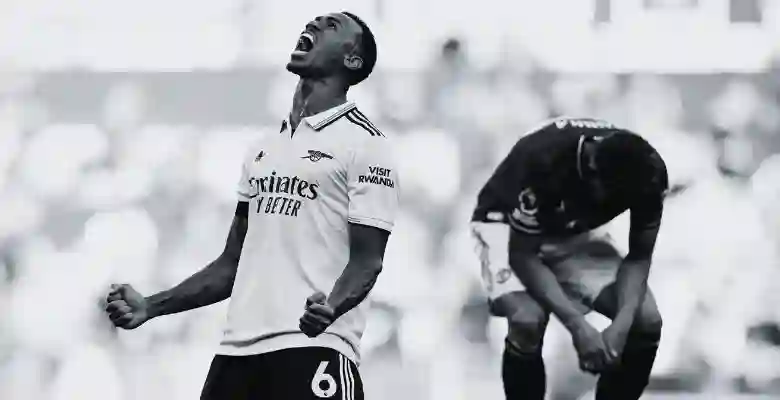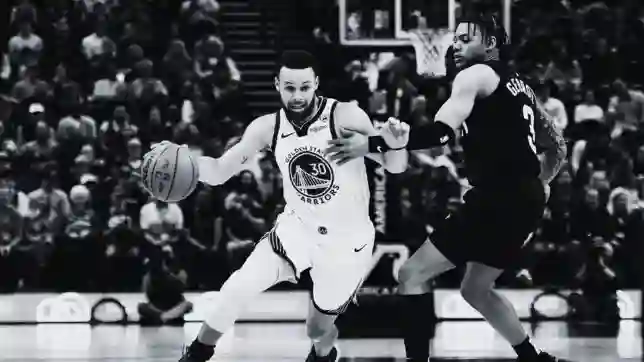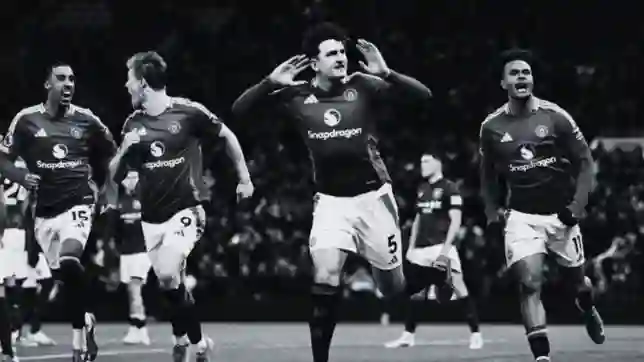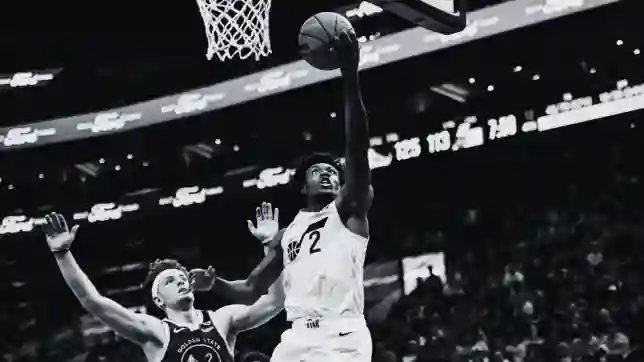
Arsenal vs Man United
In football, some matches transcend sport — they become cultural touchstones. Arsenal vs Man United is one of those. It’s more than ninety minutes of football; it’s a collision of philosophies, pride, and generational change.
For decades, this rivalry has shaped English football’s identity — a saga of power, defiance, and reinvention. To understand it is to understand how the Premier League itself evolved.
The Origins: Two Titans on Separate Paths
Before the Premier League era, both Arsenal and Manchester United had storied pasts — yet they existed in different realms. Arsenal was known for discipline, structure, and defensive mastery under managers like George Graham. United, meanwhile, was flamboyant and attack-minded, a club of romance and resilience.
When Arsène Wenger arrived in 1996, the dynamic changed forever. His continental methods — nutrition, psychology, precision — clashed with Sir Alex Ferguson’s raw fire and old-school grit. Suddenly, Arsenal vs Man United became more than a fixture. It was a battleground for the soul of English football.
The Ferguson–Wenger Years: Fire and Philosophy
A Battle of Minds
Sir Alex Ferguson was the embodiment of control and competitive obsession. Wenger, meanwhile, was the philosopher-coach who brought artistry to the English game. Together, they transformed a league.
Their rivalry was never just about winning; it was about proving a point. Ferguson believed in power and psychology — getting under your skin before you even stepped onto the pitch. Wenger countered with innovation and purity — football as an art form, played with intelligence.
The Players Who Defined an Era
Between the late 1990s and early 2000s, both clubs were filled with warriors. Roy Keane and Patrick Vieira embodied everything about Arsenal vs Man United — authority, aggression, and unyielding belief.
Their midfield duels were modern gladiatorial contests, each tackle echoing through stadiums like thunderclaps. Around them orbited genius — Henry and Bergkamp, Giggs and Scholes — players who turned chaos into beauty.
The Turning Point: The Invincibles and the Fall
In 2003–04, Arsenal achieved what no one thought possible — an entire Premier League season unbeaten. The Invincibles redefined perfection. Wenger’s vision had crystallized, and for the first time, Ferguson seemed outmatched.
But dominance in football is fragile. United rebuilt ruthlessly, powered by Cristiano Ronaldo and Wayne Rooney. Arsenal, meanwhile, moved to the Emirates — a bold financial leap that came at a sporting cost.
The rivalry that once decided titles began to fade. Chelsea and Manchester City’s rise shifted the power dynamic. Yet, even as the stakes changed, the emotional charge of Arsenal vs Man United never disappeared.
Modern Evolution: From Fire to Renewal
New Managers, New Identities
Today, Mikel Arteta and Erik ten Hag carry the torch. Both are students of the modern game — tactical purists reshaping old legacies. Arteta’s Arsenal blends discipline with creative fluidity, while Ten Hag’s United seeks to reclaim structure after years of chaos.
The rivalry has evolved from visceral hostility into tactical chess. When these two sides meet now, it’s not just about revenge — it’s about restoration. Both clubs are rediscovering who they are in a new footballing landscape.
The Fans’ Enduring Passion
For supporters, Arsenal vs Man United remains sacred. It’s generational — fathers tell sons of Keane’s glare, Vieira’s leadership, Henry’s glide, Ronaldo’s brilliance. The fixture carries nostalgia, yes, but also hope. Each meeting feels like a return to something familiar and fiercely personal.
Cultural Impact: Beyond the Pitch
This rivalry has inspired documentaries, books, even philosophical debates about what football should be. It’s not just sport — it’s sociology. Wenger’s influence brought science to English football, while Ferguson’s methods kept its heart beating with human emotion.
The confrontation of intellect versus instinct shaped how we talk about the game today. Analysts, pundits, and even rival clubs built their blueprints by studying these two giants.
When Arsenal played United, the world stopped — not just because of the scoreline, but because it was theatre.
Lessons in Leadership and Identity
What makes Arsenal vs Man United enduring isn’t trophies or transfers — it’s transformation. It’s about evolution under pressure.
Wenger’s resilience through austerity. Ferguson’s ability to rebuild dynasties. Arteta’s quest for belief. Ten Hag’s pursuit of discipline. These are not just football stories — they’re lessons in leadership, psychology, and human ambition.
When you watch them face off, you’re witnessing history replaying itself in new forms. It’s not about who’s better anymore; it’s about who learns faster, adapts deeper, and inspires longer.
The Future: A Rivalry Reborn
As Arsenal rise again — with a young, hungry team — and Manchester United continue to rebuild under new philosophies, their encounters once again feel like destiny.
The next decade may not recreate the Keane-Vieira fireworks, but it might craft something even richer — two clubs redefining success for a new era.
Rivalries evolve, but emotions endure. Arsenal vs Man United is no longer about hatred. It’s about heritage — and the shared desire to rise again.
FAQs
Q1. Why is Arsenal vs Man United considered such a legendary rivalry?
Because it represents a clash of eras, ideologies, and emotions — from Ferguson’s fire to Wenger’s finesse, it defined English football’s golden age.
Q2. Who are the most iconic players from this rivalry?
Patrick Vieira, Roy Keane, Thierry Henry, Ryan Giggs, Paul Scholes, and Cristiano Ronaldo — each symbolized their club’s character and pride.
Q3. How has the rivalry changed in recent years?
It has evolved from physical battles to tactical duels, reflecting modern football’s shift toward strategy, data, and precision.
Q4. What’s next for this rivalry?
Both Arsenal and Manchester United are rebuilding. With Arteta and Ten Hag shaping new identities, their clashes could define the next Premier League era.
Arsenal vs Man United The Eternal Echo of Rivalry
Every generation needs a rivalry that defines its footballing soul. For millions, that’s Arsenal vs Man United.
It’s about more than results — it’s about philosophy, transformation, and belief. The past gave us thunder; the present gives us thought. But the fire remains.
As both clubs chase a return to glory, the world watches — because when these two collide, something greater than football happens.



